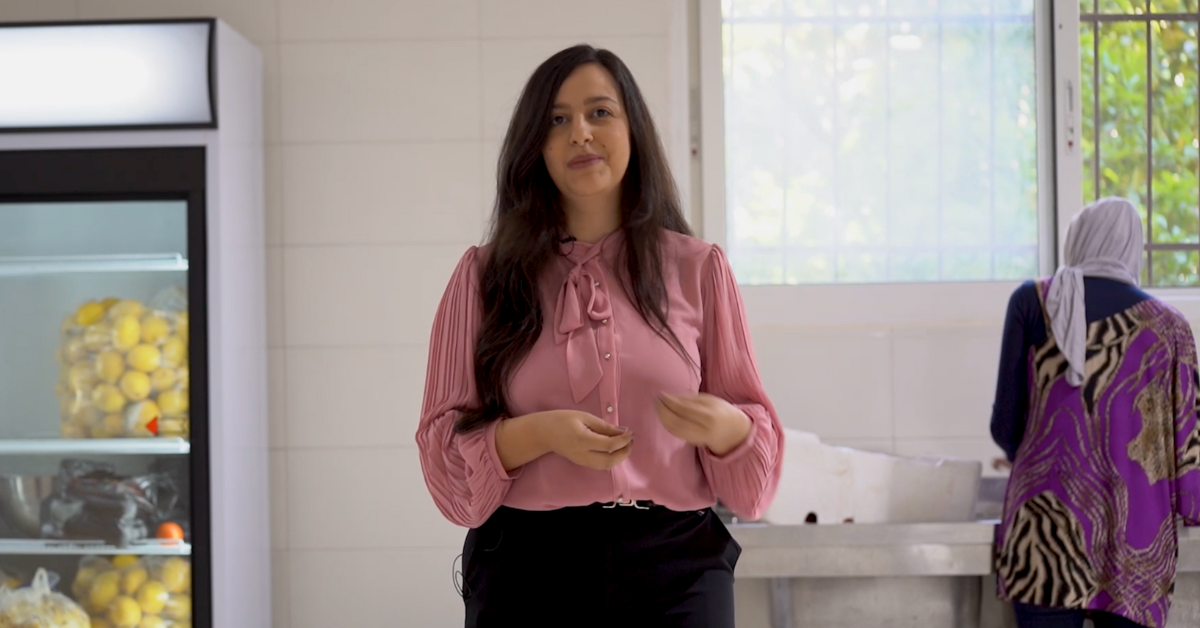Since 2018, Sheghel Emeh has focused on the growth of the traditional Lebanese food sector and emphasized its values and health advantages by offering handcrafted Lebanese Mouneh in an innovative way.
As Sheghel Emeh continue to seek out new and innovative ways to increase food security, they developed dehydrated ready-to-cook meals in 2021 to provide consumers with the option of purchasing nutritious fast food while still enjoying traditional flavors, by integrating conventional methods of food preservation with modern technology.
Dehydrated Lebanese Dishes
Sheghel Emmeh’s proposed project under the Food System Challenge is establishing a new business line to produce dehydrated Lebanese dishes. Innovating at the product level, the company has been working for the past year on prototyping and product development to set the grounds for scaling and developing the line.
The new project will allow Sheghel Emmeh to develop a new line and tap into new market segments, increasing the company’s revenues by around 20% annually.
The developed product will allow the company to expand not only domestically, but regionally as well by initiating exporting channels in Canada and the GCC, namely Dubai and Saudi Arabia.
The impact of this project will ripple over local markets and local farming communities. It will provide consumers with an innovative option and alternative for ready-to-eat meals and fast food while competing on price and standalone value: healthy authentic Lebanese meals with preserved nutritional value.
As for the social impact, the project will allow the company to work with 5 additional farmers to supply its raw materials while adding two new employees to its 17-member team further corroborating Sheghel Emeh’s role as a social enterprise in the region.
The Food System Challenge
The Food System Challenge is implemented by the World Food Programme (WFP) and Berytech through support from the German Federal Ministry of Economic Cooperation and Development (BMZ).
The program’s main outcomes are enhanced food security, a well-functioning local food system, enhanced efficiency and resilience of cooperatives and SMEs working across different streams of the food systems, and increased employment opportunities, especially for women and vulnerable individuals.










